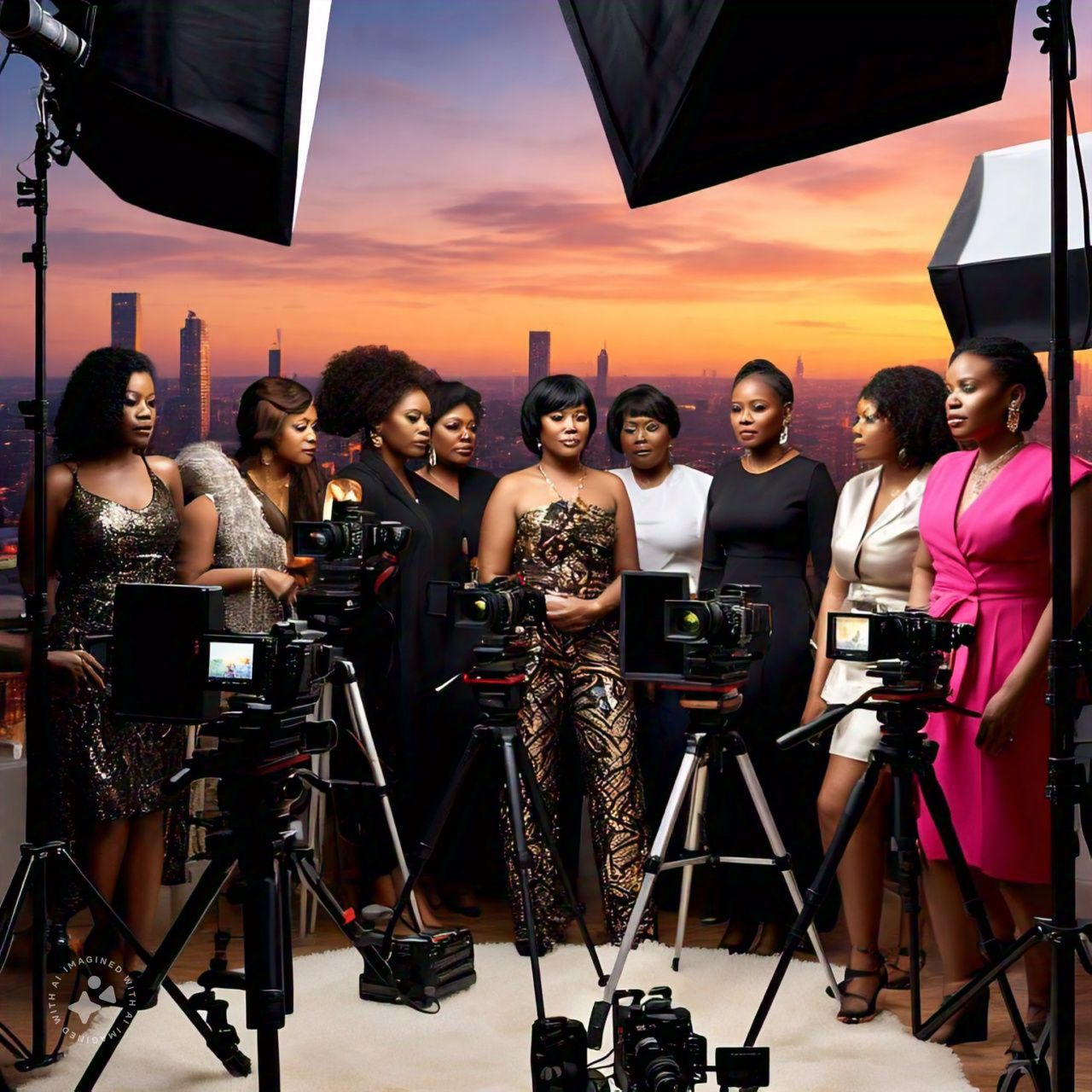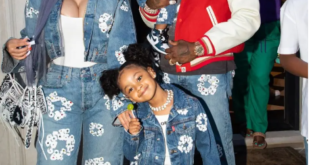
For decades, Nollywood has given us tales of love, betrayal, resilience, and family drama. But amid all the entertainment, some storylines carried deeply ingrained misogynistic tropes.
Nollywood has been the mirror reflecting our society’s ideals, struggles, and biases. As we reflect on the strides Nollywood has made, let’s take a trip down memory lane and revisit these problematic narratives that once dominated our screens.
The audacity was unmatched. How far have we really come from these outdated ideologies?
Let’s talk.
1. The “Fake Death” Loyalty Test
Imagine waking up one day to discover your husband isn’t actually dead; he just wanted to see how loyal you were in his absence.
The sheer emotional trauma this trope delivered! These storylines often implied that a wife’s grief was the ultimate testament to her love as if her every breath should revolve around her husband.
Where we are now: Thankfully, this trope has mostly been left behind, but the obsession with testing a woman’s loyalty in relationships still sneaks into modern storytelling.
READ ALSO: See official trailer for Timini Egbuson’s Valentine’s Day film, ‘Reel Love’
2. The “Pretend to Be Poor” Marriage Test
Rich Nollywood men had a unique hobby: pretending to be broke to find a “wife material.” As if women aren’t allowed to desire stability in a relationship!
This trope was particularly infuriating because it always ended with the woman being shamed for not standing by the “poor” man; never mind the deception involved.
Where we are now: The façade might be gone, but the expectation that women must “prove” their love before receiving loyalty in return lingers.
3. The Widow’s Trial of Fire
Widows in Nollywood films often endured the harshest treatment from their in-laws. From being accused of witchcraft to being forced out of their homes, these storylines mirrored harsh realities.
The implication of this was that a woman’s worth in marriage was tied to her husband’s survival.
Where we are now: While these stories have become less common, they remain a haunting reminder of the cultural injustices women still face in parts of society.
4. Forgiving Cheating Husbands, But Woe Betide the Wife Who Steps Out
A husband cheats, and the wife is told, “A man is like a dog. You must forgive him.” Or their favourite line, “Men are like babies, they mess up, you clean their mess.
Infantalising men has been around like forever. Meanwhile, if the wife was caught texting another man? Hell hath no fury. The double standards were wild.
Where we are now: Progress has been made, but even today, Nollywood sometimes excuses male infidelity as “natural,” while holding women to impossible standards.
5. Husbands Blaming Their Cheating on Their Wife’s Wardrobe Choices
“She doesn’t dress well enough, so I cheated.” Excuse me? These storylines not only excused infidelity but also reduced men to creatures driven solely by appearances.
Let’s not forget the insult to men here; suggesting they’re incapable of emotional depth or commitment.
Where we are now: Modern Nollywood has started calling out such absurd justifications, but the idea of women being responsible for keeping their men faithful still lingers in some scripts.
6. The “Bad Boy” Saved by the Right Woman
A toxic man is redeemed only when the perfect woman swoops in to fix him. These narratives implied that it’s a woman’s job to endure and rehabilitate bad behaviour in relationships.
Where we are now: Thankfully, more films are showing women walking away from toxic partners rather than trying to change them. Growth!
7. Men Cheating with the Housemaid
Because the wife was “too busy” or “neglecting” her duties, the husband felt justified in cheating with the housemaid.
These storylines placed the blame squarely on the wife and often left the housemaid to bear the consequences of the affair.
Where we are now: While these narratives have declined, they reflect a larger issue of blaming women for men’s indiscretions.
8. Uneven Distribution of Household Chores
In Nollywood homes, women were often portrayed as glorified servants, cooking, cleaning, and serving the men, who acted like royalty. Heaven forbid a man lifts a finger in his own home.
Where we are now: Today’s Nollywood is gradually acknowledging that partnerships should be equal, but we still need more films showing men taking on household responsibilities.
9. The Mother-in-Law Villain
Nollywood mothers-in-law were pros at making life miserable for their daughters-in-law, from demanding grandchildren to criticizing their cooking.
These characters were often portrayed as untouchable matriarchs wielding unchecked power.
Where we are now: While some films have humanised mother-in-law characters, this trope persists as a source of melodrama.
10. Judging Women by Their Ability to Suffer
In these films, the more a woman endured (e.g., mistreatment, lack of love, poverty), the more “admirable” she was. It was almost as if suffering was a badge of honour.
Where we are now: While Nollywood is beginning to celebrate strong, independent women, the romanticisation of suffering still occasionally rears its ugly head.
11. Dressing for the Male Gaze
Women were constantly judged based on how appealing they were to men. A character’s worth was often tied to her physical appearance, and her success was measured by how desirable men found her.
Where we are now: The industry has begun to embrace diverse representations of women, but the male gaze still influences many wardrobe and character choices.
12. Humility Equals Subservience
Humility was often portrayed as a woman’s ability to be quiet, subservient, and endure mistreatment. Assertive women were labelled “proud” or “arrogant.”
Where we are now: Nollywood is making strides in celebrating confident, outspoken women, but the old narrative still exists in certain films.
Nollywood has come a long way from its heavily misogynistic roots, but the journey isn’t over. While progress has been made, many of these outdated tropes still sneak into modern storytelling.
The good news? With a growing audience that values equality and representation, the industry is challenged to evolve.
 topnaijanews Stay informed with the latest Nigerian news at your fingertips
topnaijanews Stay informed with the latest Nigerian news at your fingertips
